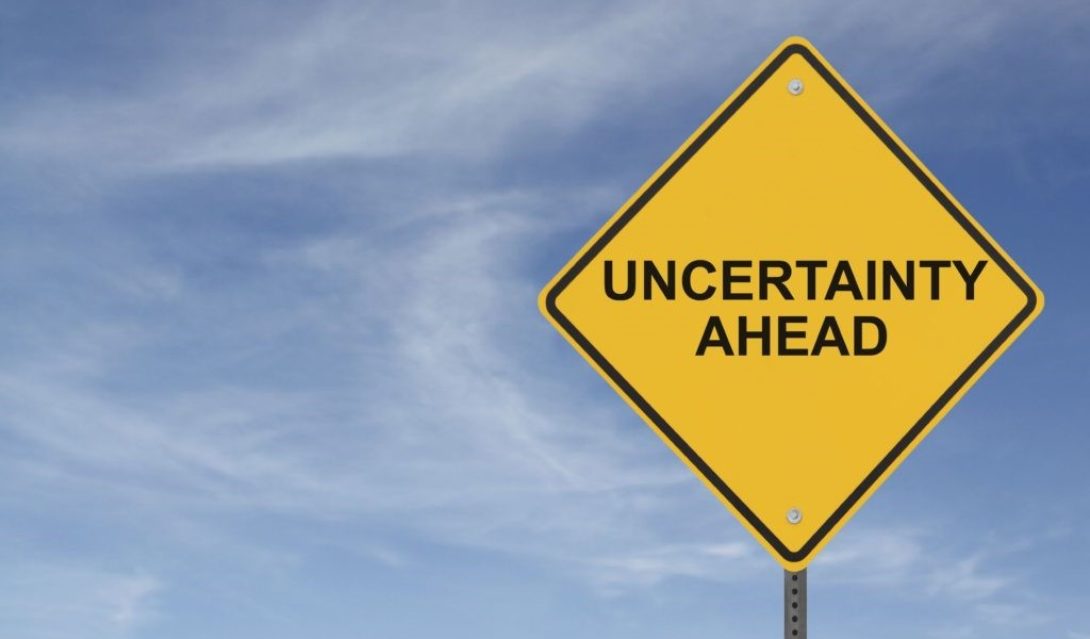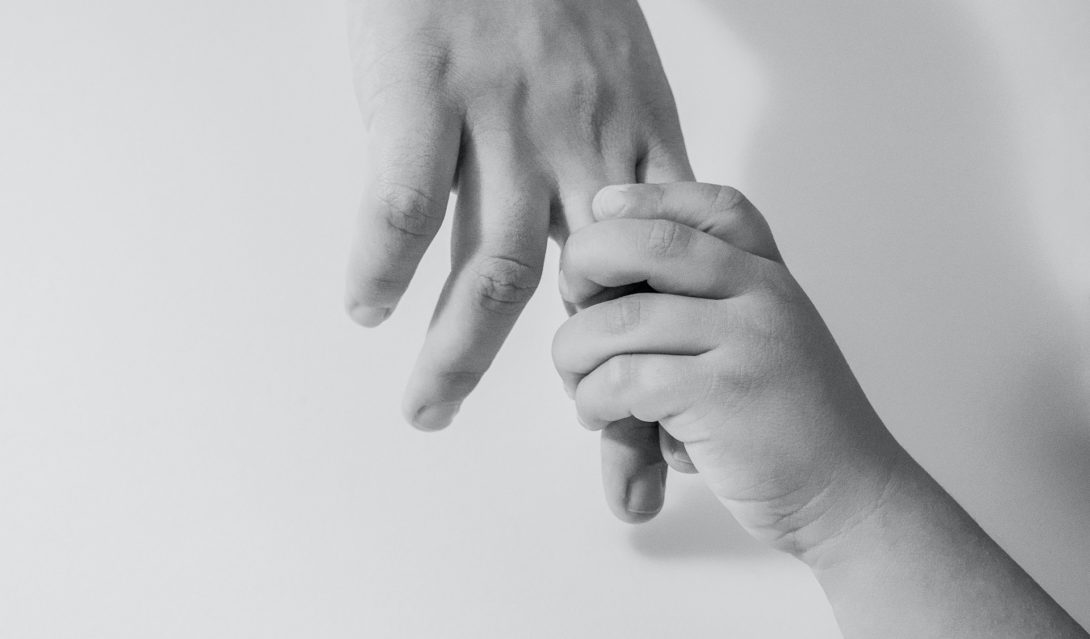Man is the only creature that blushes- or needs to.Mark Twain
Guilt is the direct result of a choice that was made in a garden a long time ago (Genesis 2:17).
We are now able to knowingly create good or evil. Once you know the difference between good and evil, you get a dose of guilt every time you chose the wrong one. It’s a sort of ‘buy one get one free’ deal. Only two kinds of people don’t experience guilt – saints and psychopaths and I haven’t met too many of either in the churches I’ve pastored.
Guilt is perhaps the modern world’s most undervalued commodity. The ability to experience guilt is a sign of health. We’re naturally cautious of emotions in our tradition, but all emotions are God’s gift to us. The clue is in the title- ‘e-motions’. They are given to ‘move us’ into action, and guilt is no different. It’s a warning light on our spiritual dashboard and its purpose is not to make us feel miserable, but to move us to fix something that is wrong.
But like most things in life, guilt has its counterfeits. Most Christians are particularly susceptible to guilt’s dodgy copy – called ‘false-guilt’ or pseudo-guilt’. This produces a very different result from the godly sorrow that the Spirit brings to lead us into repentance and full life. False guilt leads to a kind of chronic inadequacy and general ‘loserliness’ that chokes motivation and saps energy. So, here are a few false-guilt inducers that you might want to consider unloading from your life.
Not pleasing everyone.
This tends to affect a lot of us who feel a sense of ‘calling’ into Christian based ministry. Ministry attracts a disproportional number of people-pleasers, as opposed to other vocations like football referees, sergeant majors or wedding co-ordinators! If our guilt detectors go off every time someone is not please with us, they will never turn off. Ask yourself a question- who did Jesus not disappoint?
Not looking after yourself.
It’s true that sacrifice is a Christian virtue, but sometimes we get the balance wrong. We’re also called to ‘love our neighbour as we love ourselves’. Jesus would regularly clear off in the middle of things to rest (Mark 6:31). Self-care should not make you feel guilty. It’s the acknowledgement that we are stewards of the one life God has given us, and that we need to look after it.
Not keeping up with expectations.
The job descriptions in Christian ministry are generally the second least realistic set of expectations in the world, next to the personal ads of singles looking for a life-partner. The Pope would probably not apply for most advertised Christian jobs out of a fear of inadequacy. But every day we write our own internal job descriptions as parents, disciples, employees or sons & daughters. Many of the expectations we write for ourselves are the echoes of the unrealistic expectations of others in our past, rather than the genuine expectations of God.
There are many excellent things to feel guilty about and that demand some attention and action:
Ignoring your spouse, dismissing the kids, hydroplaning over the state of your soul, being apathetic about hunger, injustice or racism in the world, failing to love the real-life people God has placed in your church and in your world.
These are all excellent things to feel guilty about – provided they produce some actual change. Just don’t waste your guilt on those things that ultimately don’t matter.
– Phil.










